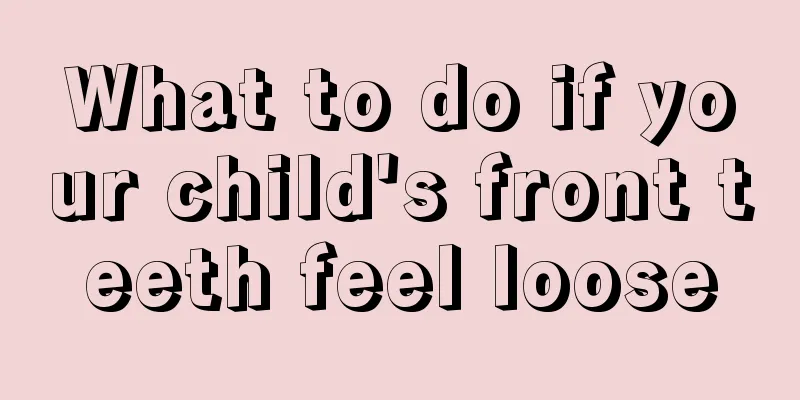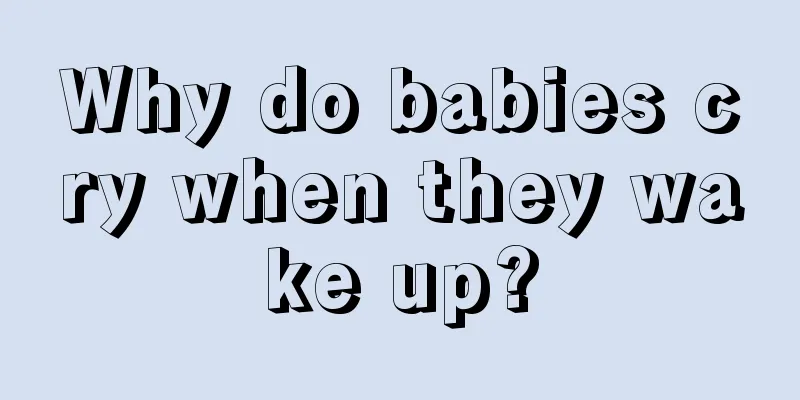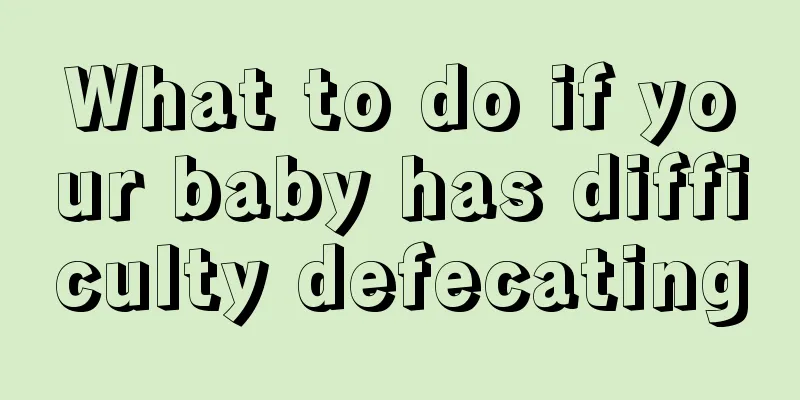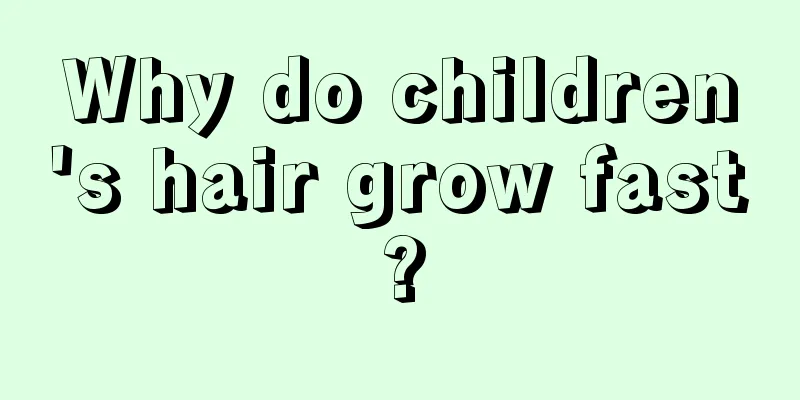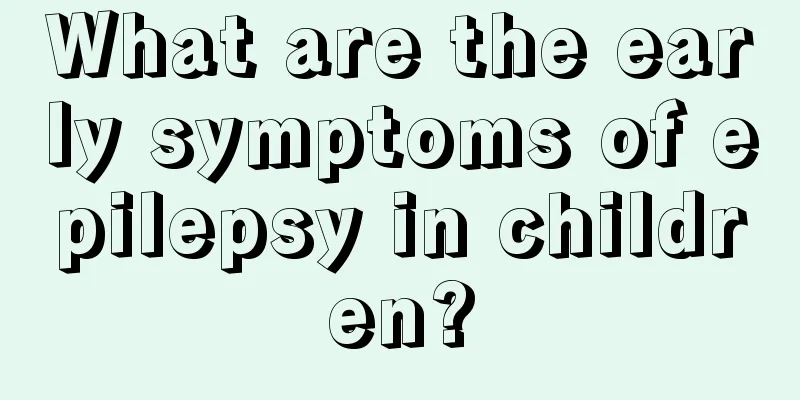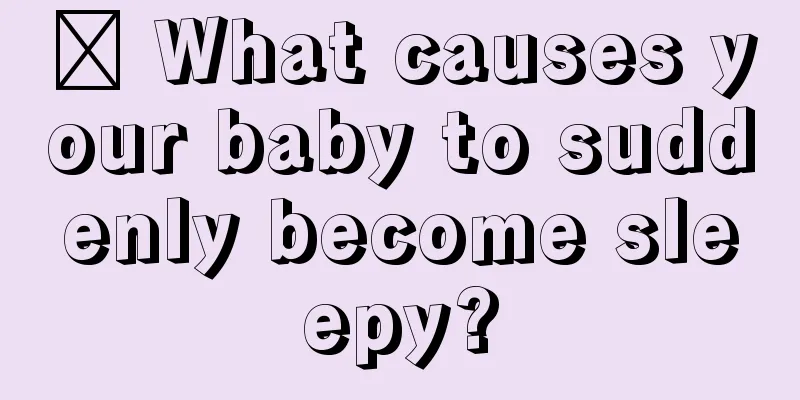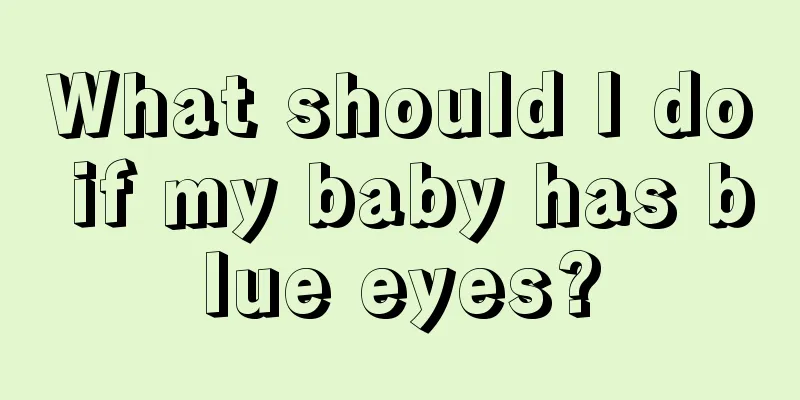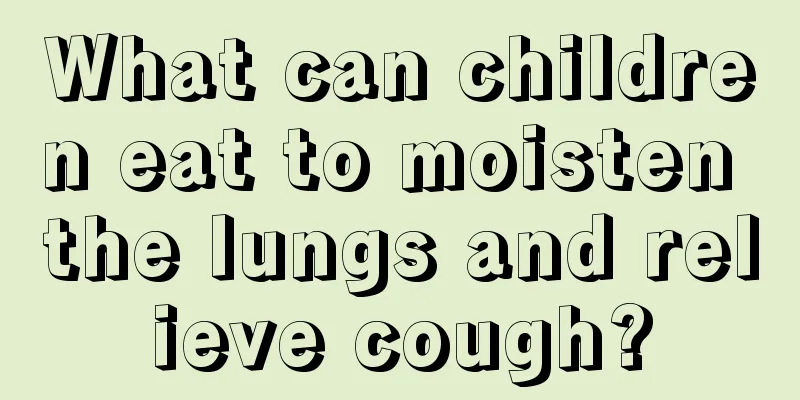Two month old baby blowing bubbles
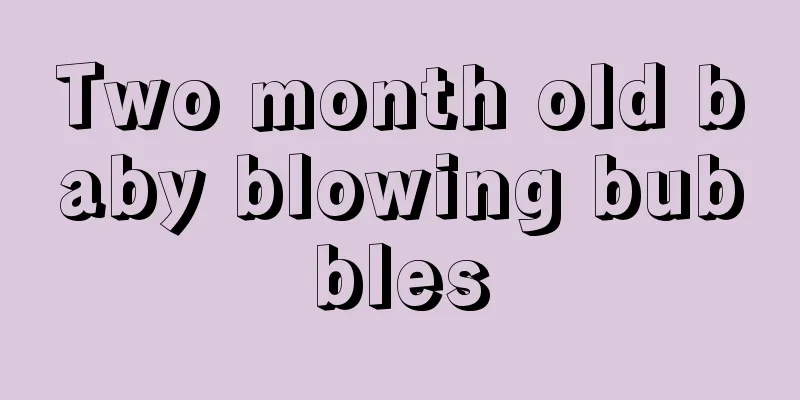
|
It is generally normal for a two-month-old baby to bleed bubbles from the mouth. During this period, the child's swallowing function is not yet perfect, and the nervous system is not yet fully developed, so it is easy for the baby to bleed bubbles from the mouth and drool. Parents should not worry. In addition, in daily life, if a child drools, it should be wiped off in time to avoid eczema. Let's take a look at this aspect below. Two month old baby blowing bubbles Newborn babies will become more and more playful and curious about everything. Many babies like to play with saliva and bubbles. In fact, most of the time, they do this because they think it is fun. But some mothers still worry whether their children are suffering from any disease. So, what's the matter with a two-month-old baby playing with saliva bubbles? 1. It may be pneumonia. The doctor explained that because the newborn's nervous system is not fully developed and its regulatory ability is poor, after contracting pneumonia, it does not show coughing or other typical symptoms in the early stages. In the outpatient clinic, a small number of babies with pneumonia will show bubbles at the mouth. This is because the trachea of newborns is short, narrow, and funnel-shaped. When exhaling, the gas in the lungs rushes out through the narrow trachea, and the phlegm in the trachea is flushed out of the mouth through the short respiratory tract. Bubbles are produced when the gas passes through the dirty phlegm. 2. Imperfect development of the nervous system. The central nervous system and salivary glands of newborns are still immature, and the amount of saliva secreted is small. At 3-4 months, the salivary glands begin to develop and the amount of saliva secretion increases. However, at this time, the baby's oral cavity is relatively shallow, the swallowing ability is not fully developed, the movements of lip closing and swallowing are not coordinated, and the baby cannot regulate the excess saliva in the mouth. Therefore, drooling and spitting bubbles are likely to occur. No treatment is needed and it will go away on its own. Why do newborns always spit bubbles? 3. Excessive saliva. When the baby's deciduous teeth erupt, the small teeth push the gums outward, causing mild discomfort in the gum tissue, stimulating the nerves on the gums and reflexively increasing the secretion of saliva. As the baby grows and develops, the drooling phenomenon will gradually decrease, especially for babies who develop faster, who will no longer drool when they are one and a half years old. Most of the others occur before the age of 2. As the muscle motor function gradually matures and the baby can effectively control the swallowing movement, he will no longer drool from the corners of his mouth or spit bubbles. The above is all the relevant content about two-month-old babies playing with saliva bubbles. In short, although it is a normal physiological phenomenon for babies to spit bubbles, it does not mean that parents can completely ignore it. It is recommended that new mothers prepare a few more bibs for their babies. If the bubbling is accompanied by other symptoms, such as crying, refusing to eat, spitting up, etc., you should seek medical attention immediately. |
<<: How to check hormone levels in children
>>: Three month old baby blowing bubbles
Recommend
What causes jaundice in children?
Jaundice is actually a very common disease in chi...
What to do if your child is afraid of ghosts
Ghosts are a kind of feudal superstition, but for...
What should I do if my primary school students are already nearsighted?
There are many solutions to children's myopia...
What to do if blisters appear on children's legs
We all know that children's skin is very deli...
What are the treatments for infantile cerebral palsy?
Cerebral palsy in infants is a relatively serious...
Can children eat Gorgon fruit?
Because children's intestinal absorption and ...
Premature breast development in children
Perhaps many parents will find that their childre...
Breast development in children
The breast is one of the most important body tiss...
If a child accidentally falls on the back of his head, parents must handle it properly!
Children are usually naughty. If parents do not p...
How much is the height and weight of a two-year-old and two-month-old baby?
After a child is born, there will be some changes...
What is groin pain in children?
Everyone should know that groin pain in children ...
Blood in the stool of premature babies
Premature babies are prone to constipation. At th...
How old should a child be when fed formula milk?
Children can drink formula milk until they are ab...
How to quickly reduce swelling on baby's forehead?
The safety of infants is an issue that parents at...
Children's tonsils are swollen, what should they pay attention to in their diet and daily life
Enlarged tonsils in children is a very common phe...
